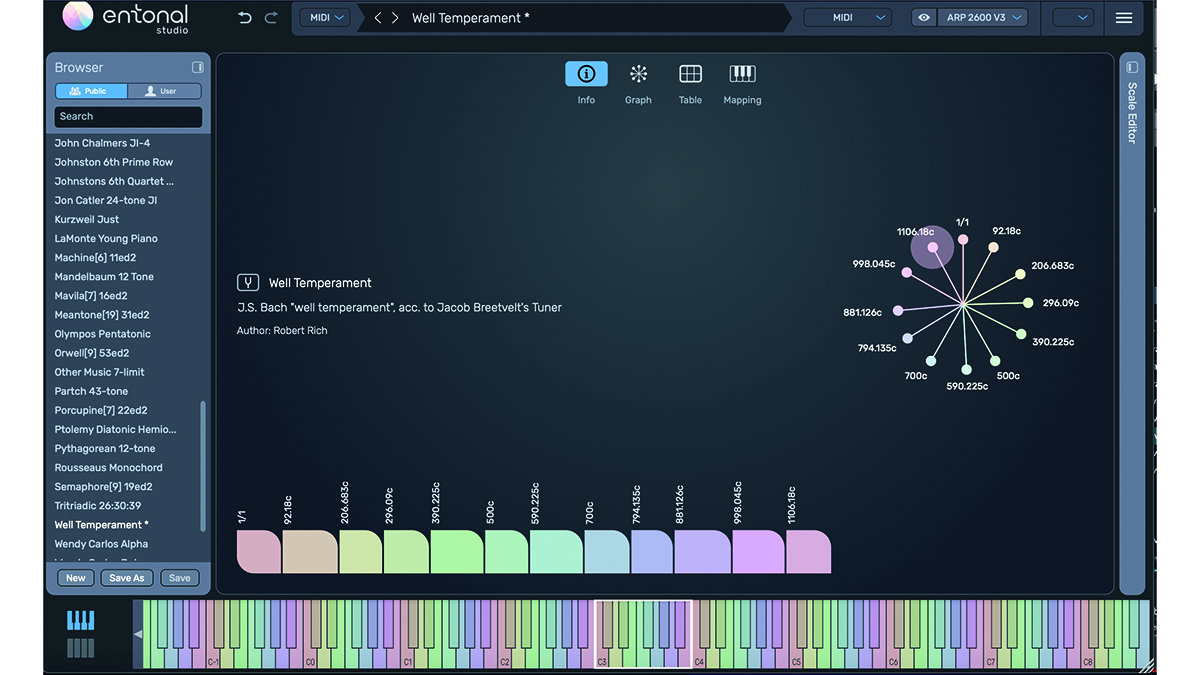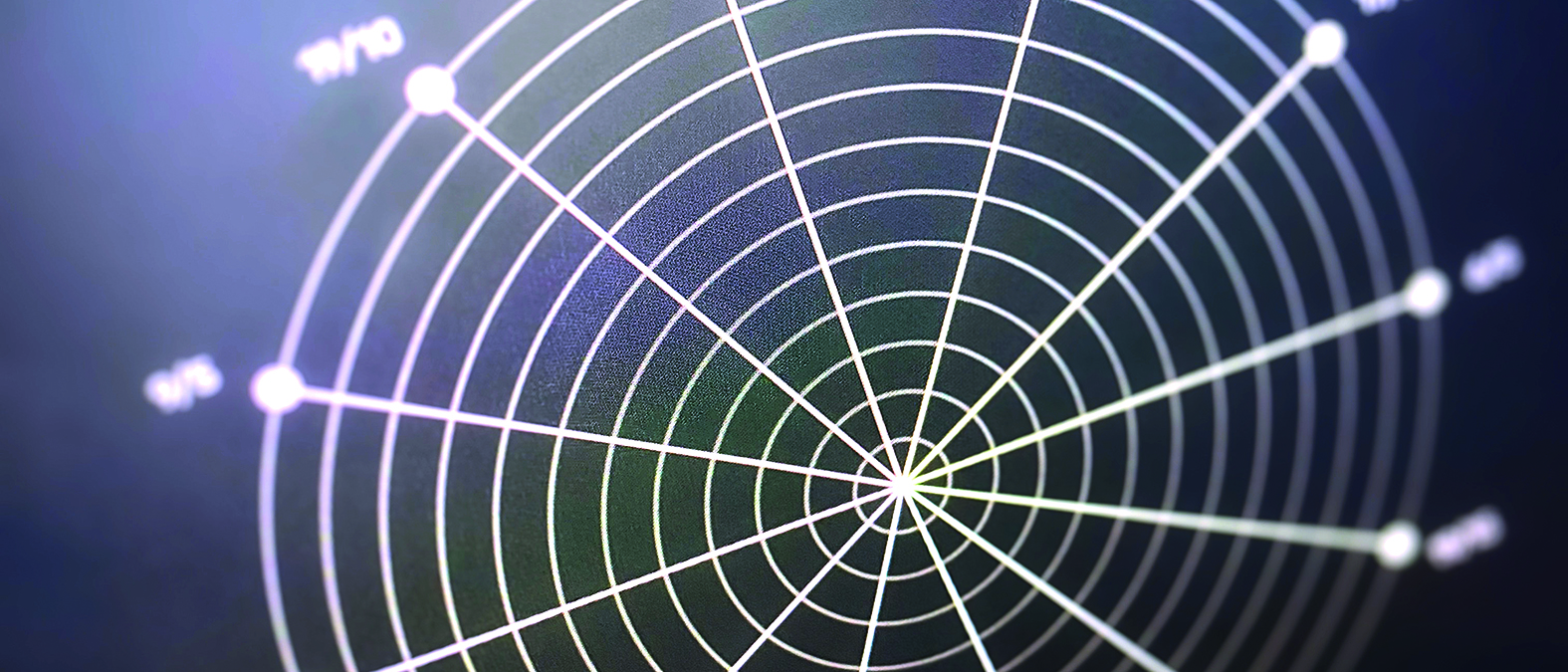MusicRadar Verdict
Entonal Studio is probably the most straightforward and comprehensive microtonal tool on the market.
Pros
- +
Flexible and easy to use.
- +
Generous list of preset scales.
- +
MPE capable.
Cons
- -
Inbuilt synth is basic.
- -
Fairly expensive for a MIDI effect.
- -
An onboard sequencer would be a good addition.
MusicRadar's got your back
Entonal Studio: What is it?
The concept of microtonal music is nothing new. It involves composing with notes that don’t adhere to the semitone intervals of standard Western tuning. This is common in various African and Asian musical traditions, 20th-century classical music and the more experimental ends of electronic music.
In a production context, when we describe an instrument or sequencer as having microtonal capabilities, we mean it can play pitches outside of those found on a standard piano keyboard. Entonal Studio is probably the broadest and most flexible tool we’ve seen so far.
This is a plugin that can function in two ways, either as a MIDI effect, letting users process MIDI notes and send them on to an external instrument or plugin, or as an instrument in its own right, whereby Entonal Studio can either trigger its own basic onboard synth engine or host plugins from your library.
This means you can use any MIDI sequencer or keyboard to play notes into Entonal, and then send it on to any MIDI-equipped instrument – so pretty much any computer-based setup can become microtonal.

Entonal Studio: Performance and verdict
Entonal Studio is also pleasantly easy to use. Its main interface is focused on a circular graph representing individual notes in a scale. These can be adjusted by moving each node around freely, or be set to snap to a certain ratio.
While this makes it very easy to blindly experiment as you play, the plugin also comes stocked with more than 100 preset scales based on a variety of different traditions, as well as scales developed by various musical pioneers like Wendy Carlos.
Along with the scale editor tools, Entonal Studio has an easy-to-use mapping window, allowing users to adjust how the scale is mapped across their MIDI controllers.
Want all the hottest music and gear news, reviews, deals, features and more, direct to your inbox? Sign up here.
For flexibility, the plugin can use various MIDI formats too, working in either traditional MIDI or MPE modes, using either MTS-ESP or MIDI pitchbend to retune the target instrument. But you’ll need to make sure the plugin is set up in the right format to work properly – by default, it opens in MPE mode, so might not work correctly if connected to a non-MPE instrument.
You may realise it’s not the out-there realm that you once thought
Entonal Studio is a powerful and comprehensive tool for any musician looking to go beyond the limits of standard tuning. Spend a little time playing with Entonal Studio and you may realise it’s not the out-there realm that you once thought.
Criticisms? The built-in synth is basic, though given the hosting functionality that’s fine, and we can’t imagine it would get much use beyond quickly testing out new scale setups. It’s fairly expensive for a MIDI effect too, although not unreasonably so. At a time when electronic music is, pleasingly, looking increasingly beyond Western hegemony, this could become a secret weapon.
MusicRadar verdict: Entonal Studio is probably the most straightforward and comprehensive microtonal tool on the market.
Entonal Studio: Hands-on demos
Entonal
Entonal Studio: Specifications
- KEY FEATURES: Microtonal MIDI plugin. Formats: Standalone/AU/VST2/VST3, MPE-equipped, can host VST/AU plugins.
- CONTACT: Entonal
I'm the Managing Editor of Music Technology at MusicRadar and former Editor-in-Chief of Future Music, Computer Music and Electronic Musician. I've been messing around with music tech in various forms for over two decades. I've also spent the last 10 years forgetting how to play guitar. Find me in the chillout room at raves complaining that it's past my bedtime.
